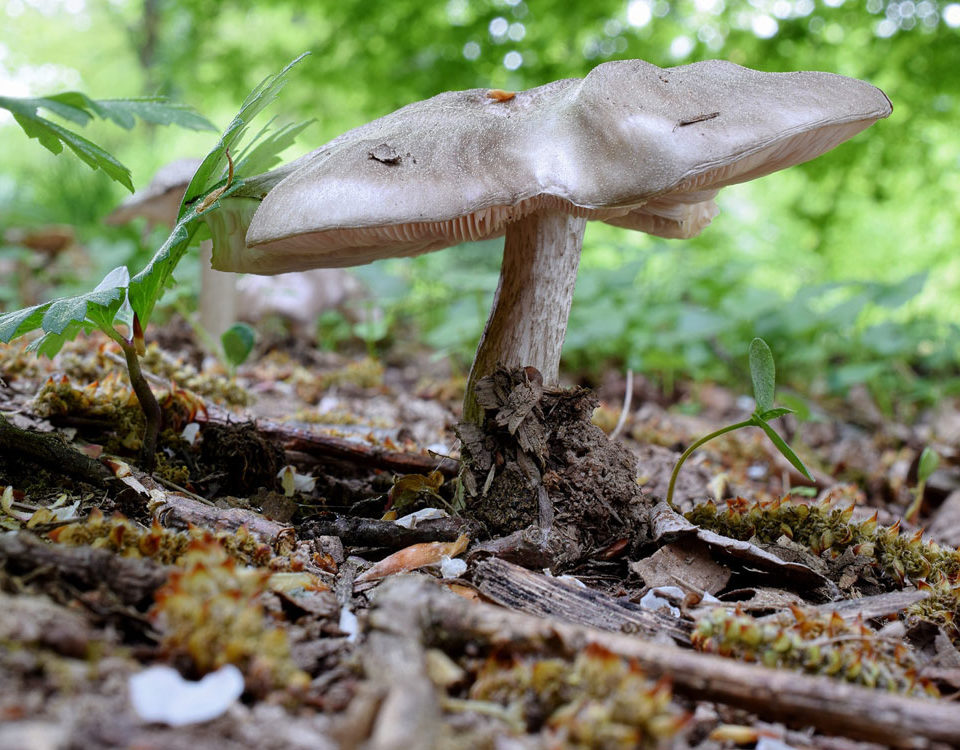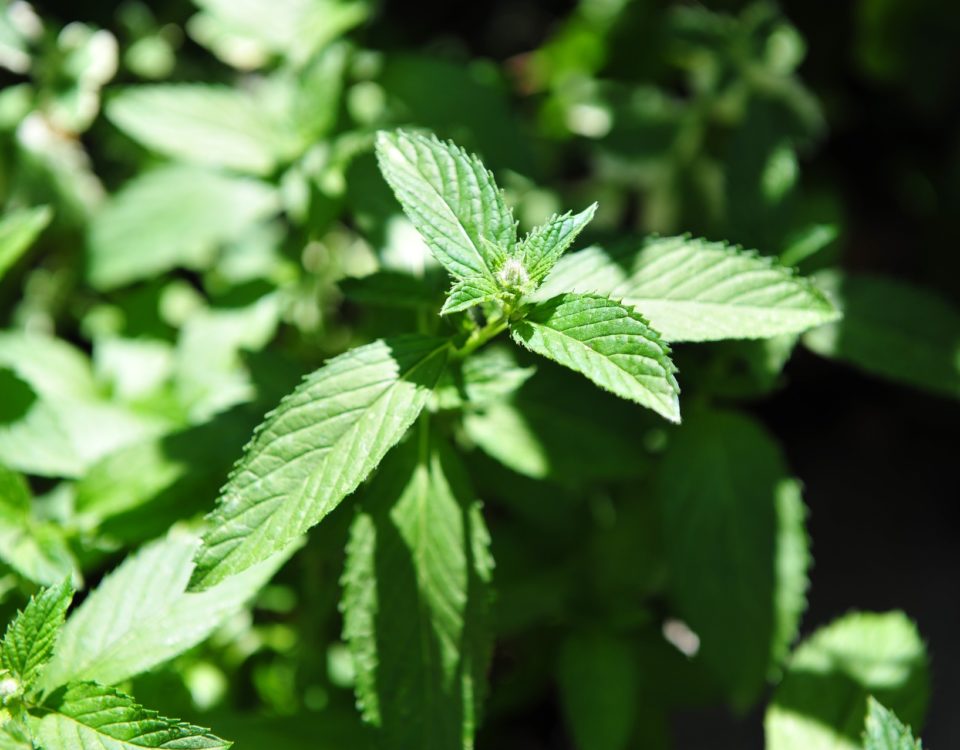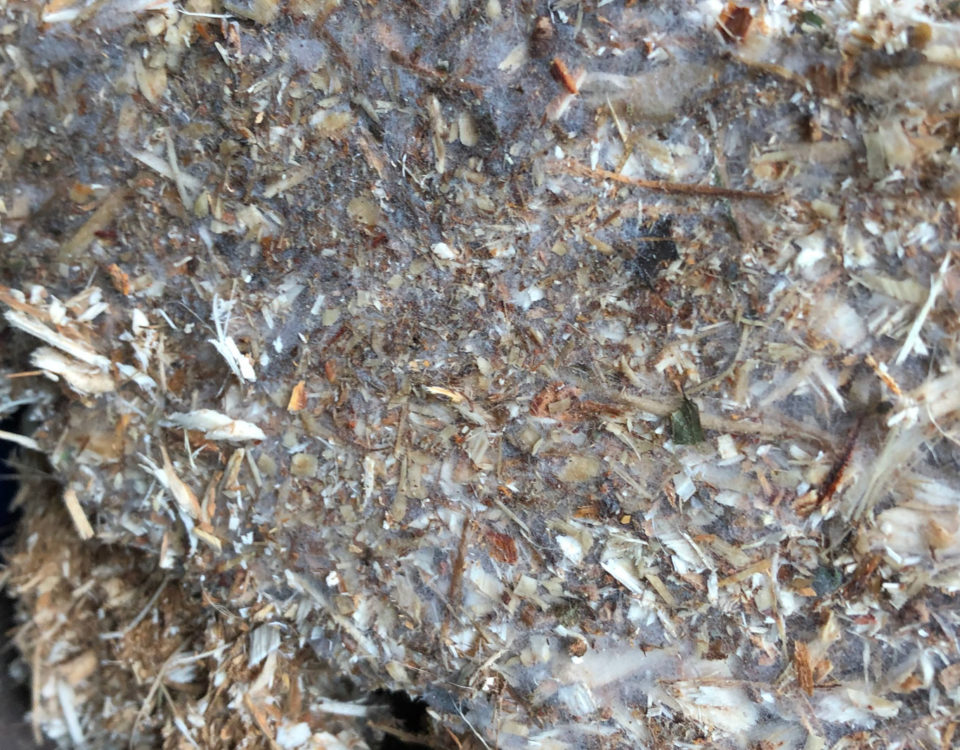The Truth About Organic Food

What Your Soil Must Have for Growing Delicious Nutrient-Rich Foods
April 20, 2017
The Truth About Compost
May 4, 2017
Organic food has become a major industry in our world, and with good reason. As we began to rely more and more on processed or industrialized food, we noticed a distinct decline in people’s health. Suddenly, more and more diseases were on the rise and more people were falling prey. Why? The reason for this was quite simple–they weren’t getting enough essential nutrients from the food they were eating.
The solution seemed equally simple–just replace all of that processed food and its empty calories and poor nutrient content with food that is rich in all the minerals our bodies need.
Sir Albert Howard was one of the pioneers of the organic movement, implementing his particular system of organic farming in India. He developed what he called the Indoor Method, based on the idea of composting or returning the waste products of the food you grow back into the growth process rather than using chemical fertilizers to encourage growth.
Sounds like a great idea at its most basic level, but it is also inherently flawed. That’s because Howard’s original layering idea was allowed to morph into more traditional composting. In that process, a basic but very essential element of producing truly organic food was overlooked: the soil itself. By failing to maintain the right balance of minerals and nutrients in the soil, the organic farmer is essentially working against himself. His food may be free of pesticides and other toxins and also contain a good amount of nutrients, but it can still be lacking nutritionally.
As organic farming began to build as a movement, it was hijacked by the very organization that was supposed to be its champion, the United States Department of Agriculture. The USDA stepped in about 10 years ago and took on the role of certifying the folks who were already certifying their food as organic. Now, that might seem like a good thing on the surface, but in fact, it undermined the whole movement by basically rubber-stamping the major mistake that organic growers were already making.
The problem is most organic food is certified based on the growing process rather than on any quality standards. Rather than improve on this, the USDA just green lighted this unsatisfactory method of certification, in essence magnifying the problem.
So what is the end result? Now you have food on the shelves labeled “organic” but may actually be lacking in the nutritional quality that you need. It makes it that much more difficult for the consumer to understand exactly what they’re getting.
In fact, most foods you’ll find in the grocery store today labeled as the product of organic farming only contain about 30-50% of the optimal nutritional value that our bodies require. Think about that for a moment: that “organic” produce you’re buying, which is supposed to be chock full of vitamins, minerals and other nutrients, is really falling far short of the mark.
Yes, it may have been grown without the use of pesticides or other chemicals, which is a good thing, but that doesn’t mean that it is neccesarily as good for you as it claims to be. And yet it can still legally be given that “organic” label.
Now you’re beginning to understand why organic food isn’t always as good as we think it is. This isn’t the packaged or processed foods with their high sugar and fat content that we’re talking about; this is natural, farm grown produce: strawberries, lettuce, tomatoes, green beans, you name it! These healthy plants are still failing to provide you with all of those important nutrients because the organic process being used today is not living up to its promise.
Now there is some good news here. It is a lot easier to correct this problem than you might think. True organic farming isn’t a great mystery, and it’s something you can achieve right in your own backyard garden. The secret is paying careful attention to the soil in which you grow your plants, the very environment from which those plants will draw the nutrients that you want them to have. Keep the soil properly balanced with the addition of rock powders and other natural sources of minerals, and you’ll see a huge difference in the crops you harvest.
So when it comes to producing true organic food the concept is quite simple–make sure that your plants are getting the nutrients they need from the soil and then they’ll be able to pass on those nutrients to you. And remember; don’t assume that the organic label you see in the store is telling the true story. You don’t want to take chances with your health so make sure you approach organic growing the right way, from the ground up.




